The Rise of Benedict Arnold
Benedict Arnold was one of the most complex men in American history. His meteoric rise from merchant to war hero and the subsequent fall from war hero to arch traitor is unparalleled in our nation’s history.
Arnold was born Benedict Arnold V on January 14, 1741 in Norwich, Connecticut into a wealthy family with a long and illustrious history in the colony; his great-great-grandfather, Benedict Arnold I, served as governor of Connecticut longer than anyone before or since.
His father was a charismatic, energetic man who worked for a ship’s captain named Absalom King. When Captain King died childless, Benedict IV married King’s pretty and well-to-do widow, almost immediately establishing himself as one of Norwich’s most prosperous men. Unfortunately, following a series of misfortunes, Benedict IV took up the bottle and lost both his reputation and wealth, dying a pauper and the town drunk when Benedict V was twenty.
Because of his father’s failure to provide for the family, Benedict V’s mother apprenticed him to a druggist when he was fifteen. That marked the end of his formal schooling.
To get a fresh start and escape his father’s blemished name, Arnold moved to New Haven and opened a pharmacy and bookstore with the help of a militia acquaintance. His natural drive and ambition drove Arnold to expand into the trading business. By the age of twenty-three, Arnold owned his own sloop and was sailing his ship to the West Indies and north to Quebec.
However, as would too often be the case in Arnold’s life, good fortune was quickly followed by bad. Just as he got established in the trading business, Parliament began to introduce legislation such as the Stamp Act in 1765 that adversely affected ship owners. Arnold was naturally resentful of the new Acts and joined the Sons of Liberty and began a smuggling operation that proved to be very lucrative.
“Washington as Master Mason.” Wikimedia.
To gain social standing, Arnold joined the Freemasons, a fraternal order that included George Washington and Ben Franklin. One of his fellow lodge members had an eligible daughter, Margaret Mansfield, who Arnold quickly charmed and married in 1767. Within five years, Arnold had three children and his high-risk-high-reward business exploits made him the wealthiest man in New Haven.
To display to the world that he had made it, Arnold built a lavish mansion on three acres along Water Street in New Haven. The home was as beautiful inside as the estate grounds that surrounded it. By all accounts, Benedict Arnold was truly a self-made man and the future looked bright.
But even then, Arnold was nothing if not volatile and quick-tempered. He once thrashed a sailor and forced him to leave New Haven when that seaman threatened to expose Arnold’s smuggling to local officials. He also engaged in numerous duels, especially while cruising in the Caribbean, if anyone even remotely insulted his honor.
Ever cool under pressure and seemingly fearless, he never failed to come away a victor in these combats at twenty paces. In fact, he never received a scratch. Above all, he refused to relent unless his opponent abjectly apologized to Arnold.
During one duel, Arnold’s adversary was wounded, but not severely, during their first exchange of shots. In most circumstances, that would have been the end of the duel. In this case, Arnold walked up and informed his injured opponent that he intended to kill him with his second shot. The gentleman admitted the error of his ways and Arnold let him live.
As would happen time and time again in the years ahead, Arnold’s hyper-sensitive and prickly personality made more enemies than friends, and he seemed to imagine an insult around every corner. His utter contempt for and distrust of civil authority when that authority harmed his interests also caused trouble for Arnold.
In 1774, Parliament passed the Coercive or Intolerable Acts which imposed several restrictions on the colonies, including closing Boston Harbor and revoking the Charter of Massachusetts. In response, colonial leaders assembled in Philadelphia in September at the First Continental Congress. Although not an official delegate, Arnold was asked to join the Connecticut contingent, and he happily agreed.
It was here Benedict Arnold and George Washington, who was one of Virginia’s representatives, met for the first time. Returning home to New Haven and excited by the discussions in Philadelphia, Arnold got more deeply involved with the Sons of Liberty and formed a militia company. Elected captain by the men, Arnold soon began weekly drill, anticipating the coming conflict.
On April 19, 1775, the American Revolution began at Lexington and Concord. Three days later, Arnold mustered his company, ready to join the other thousands of New Englanders coalescing around Boston. They marched to the local armory to secure gunpowder and ammunition, but certain town officials thought they should wait to see how things developed.
In typical Arnold fashion, he declared the town could either give him the keys or he would batter down the door and take what he wanted. The keys were quickly handed over and the New Haven militia headed to Boston. The military career of Benedict Arnold was about to begin.
Next week, we will discuss the military exploits of Benedict Arnold. Until then, may your motto be “Ducit Amor Patriae,” love of country leads me.

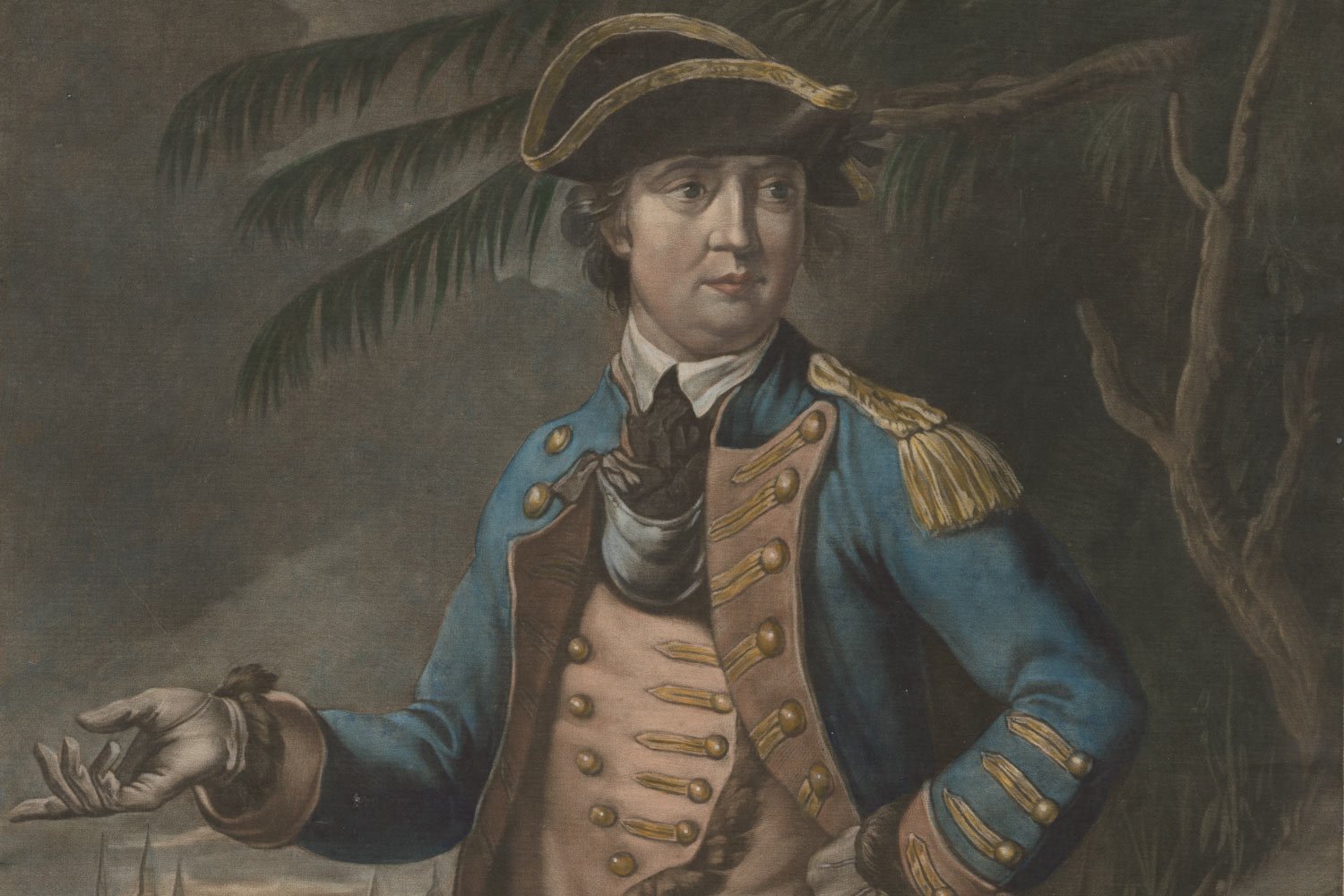

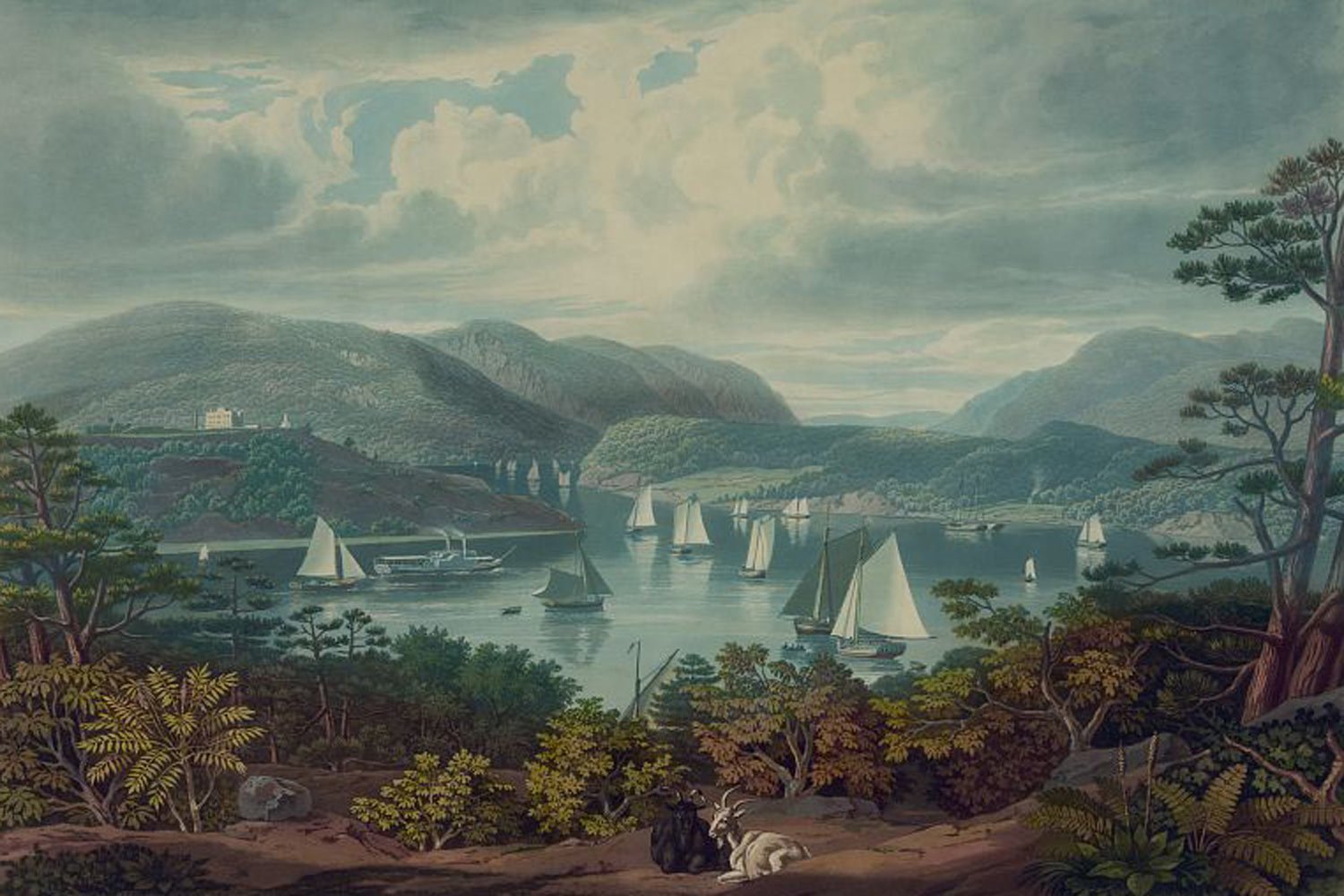

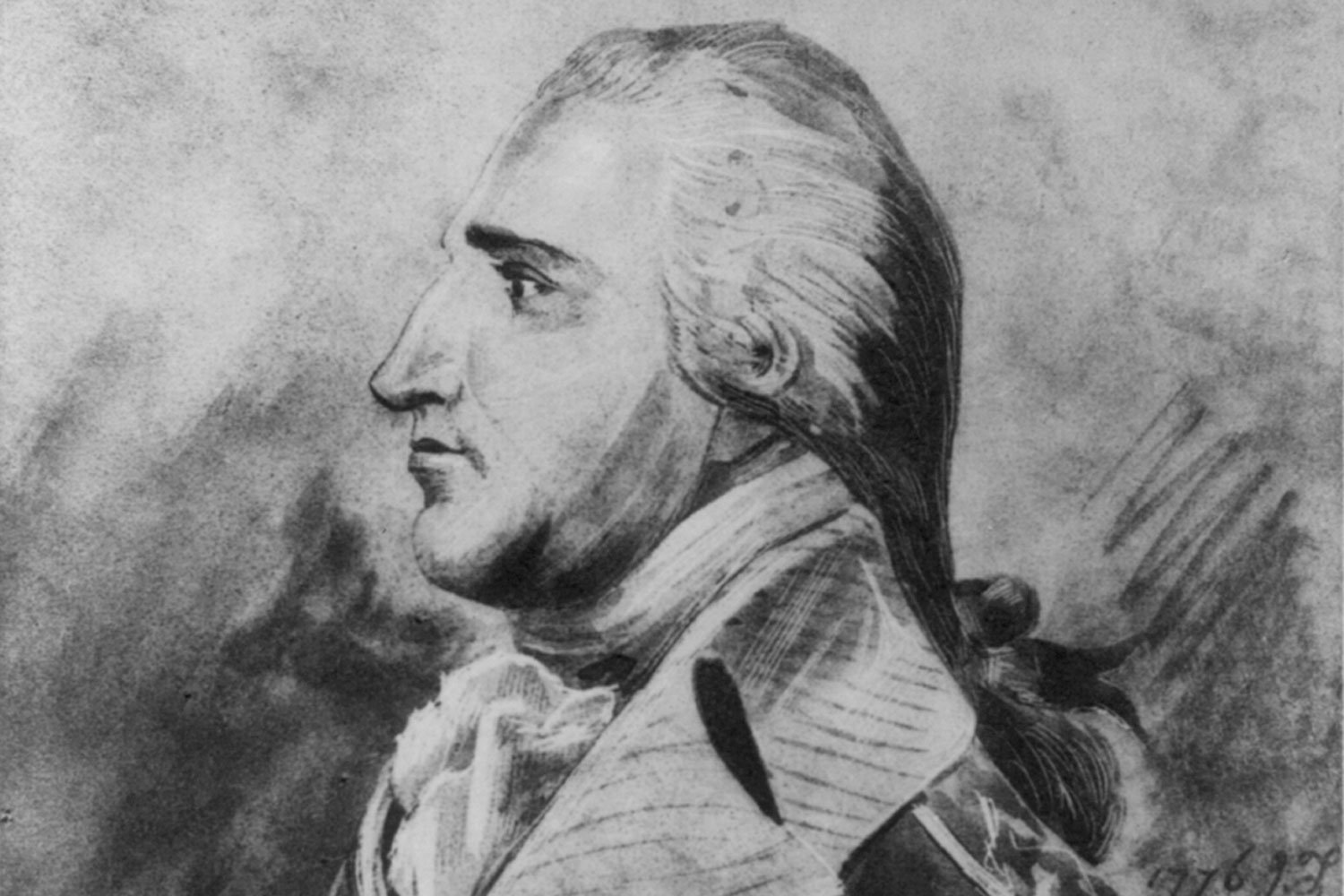

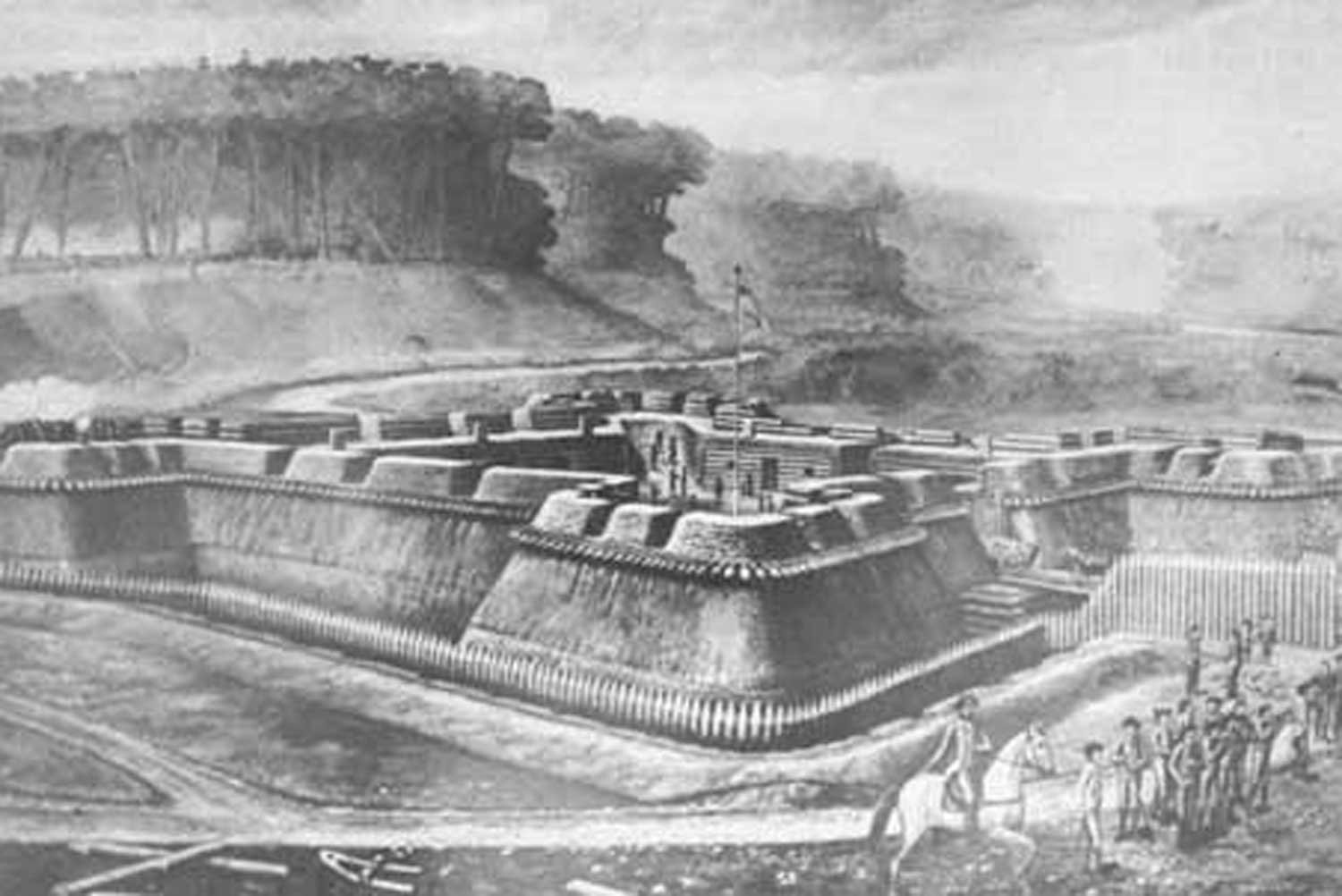
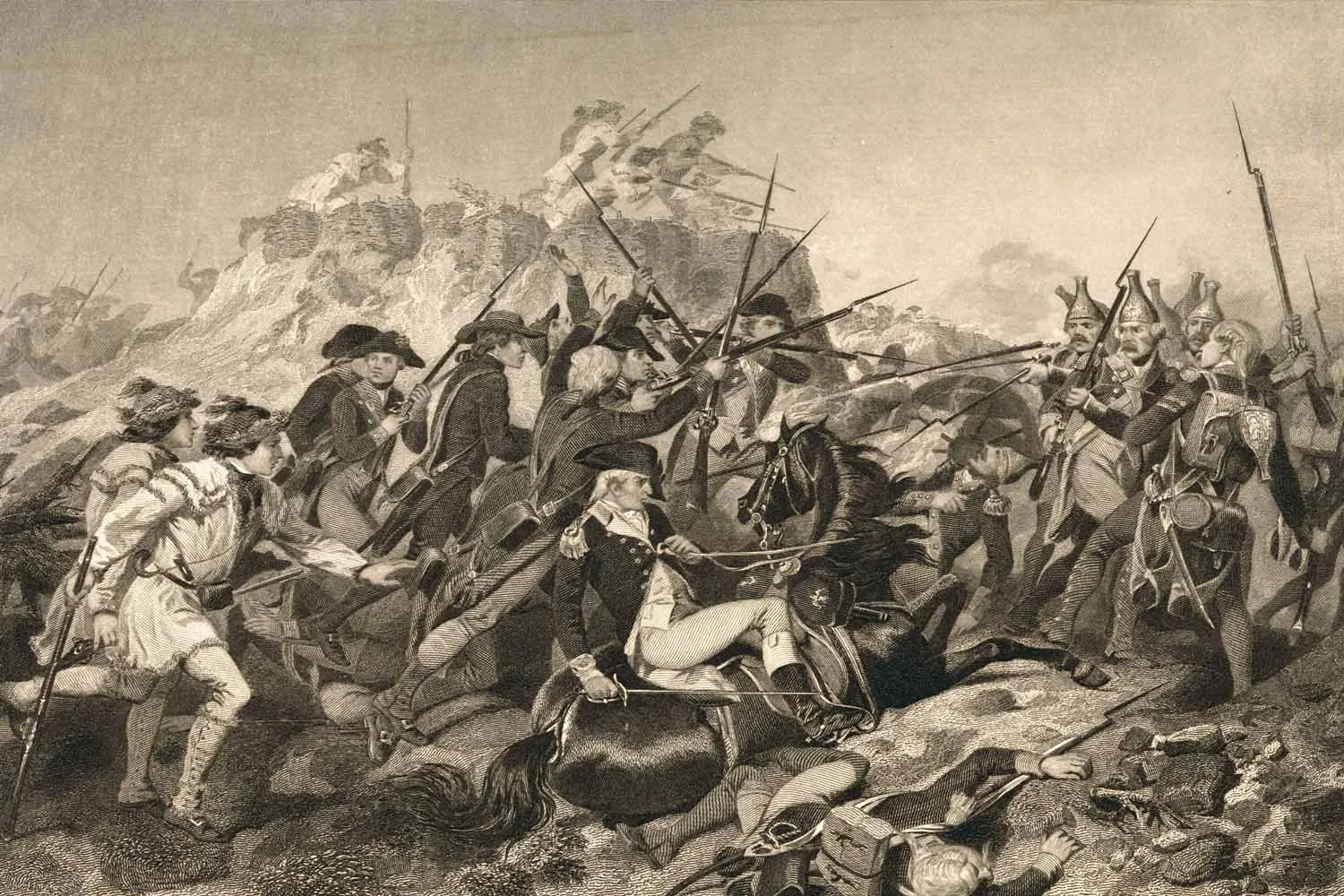
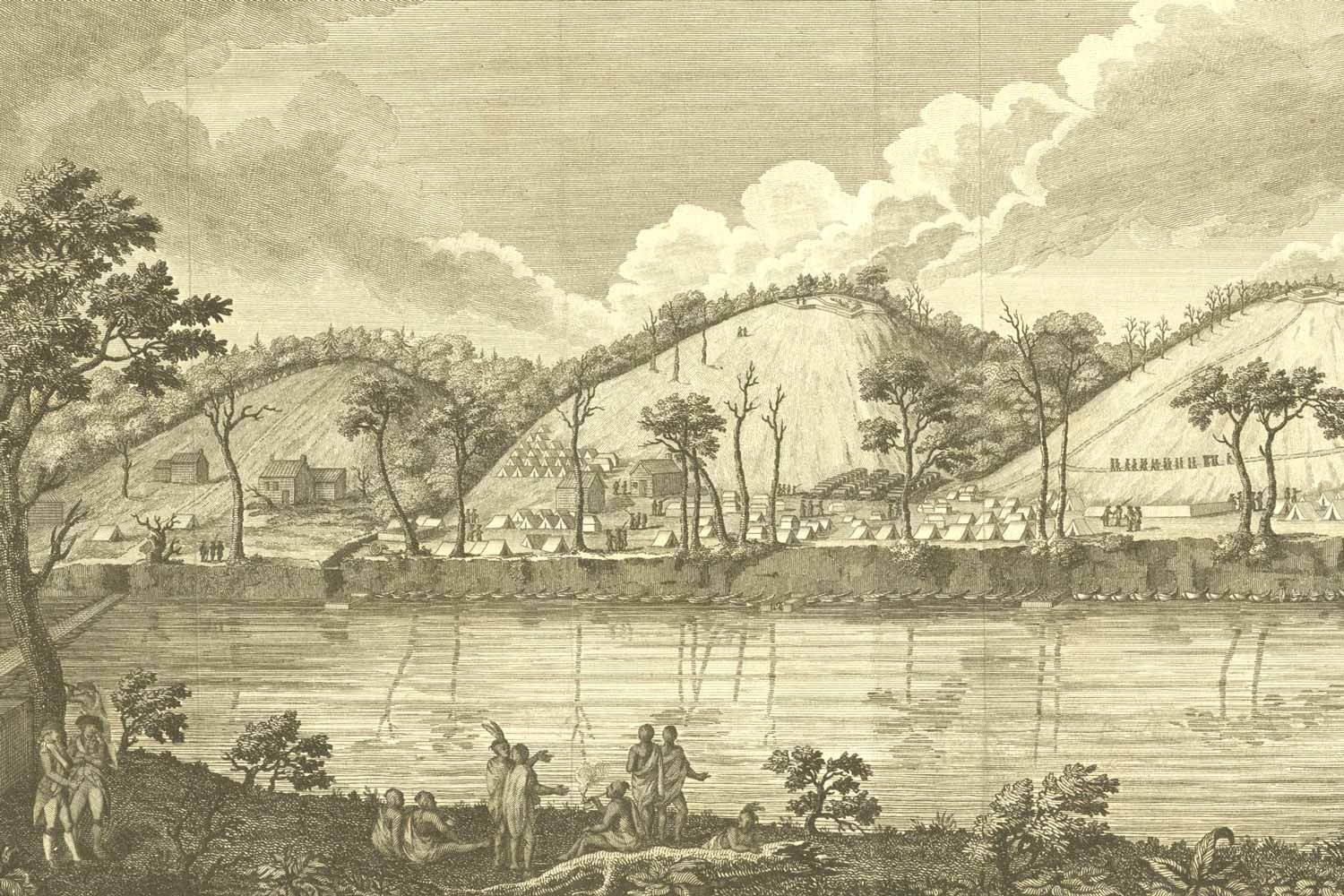
Lieutenant Colonel John Jameson, who commanded the unit that had captured the British spy Major John Andre, ordered an aide to take word to General Benedict Arnold about Major John Andre’s capture. He sent another aide to find and inform General George Washington as well.